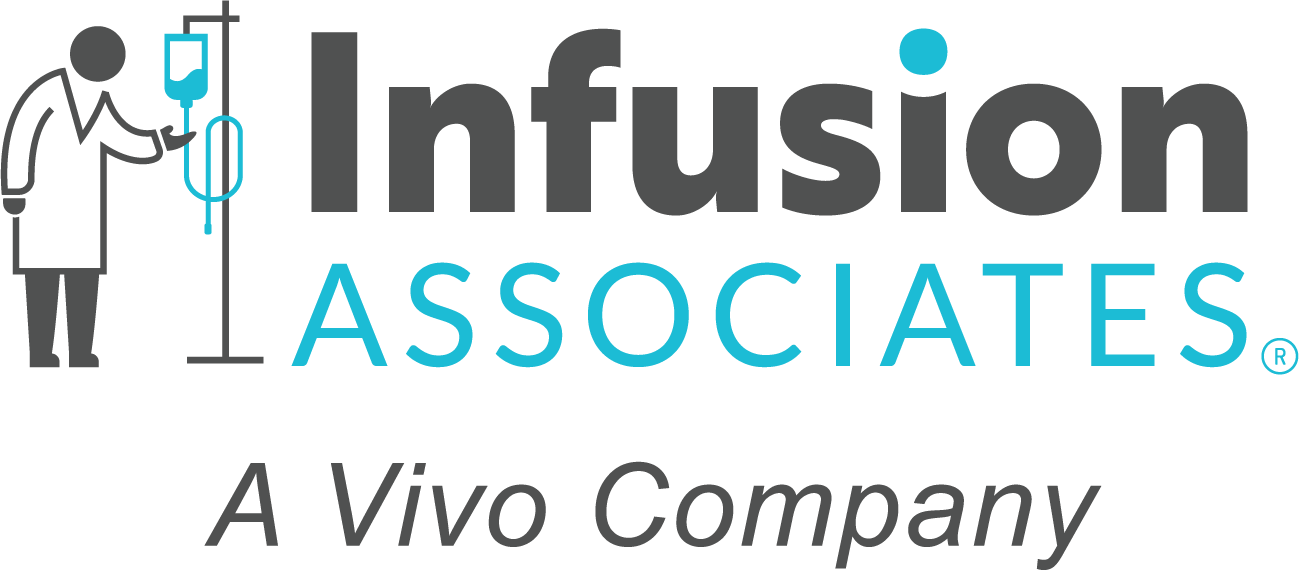For anyone who has ever experienced an allergic reaction, hives are a familiar sight. Most of the time, these can be treated by a regimen of antihistamines, corticosteroids, or other common medications. Sometimes, however, hives can resist these treatments and last for several days or weeks, even recurring over the course of months and years. This condition, known as chronic hives, or chronic idiopathic urticaria (CIU), can be very unpleasant to those who suffer from it. Symptoms include batches of red skin and welts, itching, and painful swelling, among others.
Fortunately, injection therapy can offer quick and effective relief for patients with chronic hives.
How Injection Therapy for Hives Works
CIU develops when a person’s body produces too much of a protein known as IgE antibody. Injection therapy for chronic hives works by injecting man-made antibodies into the patient’s bloodstream that bind to the IgE antibody and neutralize it. In about 20% of patients, no further treatment is necessary after the first dose, whereas the other 80% generally experience remission after five doses.
What to Expect
While dosage amount and the duration of an injection therapy will vary based on your specific needs, at Infusion Associates we make the experience as comfortable as possible. Our treatment rooms include TVs, free Wi-Fi, comfortable recliners, beverages, and more.
Injection Medications for Hives
The medication, Xolair (omalizumab), has proven highly effective against chronic hives, Injection therapy of Xolair is administered subcutaneously (under the skin) once per month. Patients who experience persistent hives despite H1 antihistamines and corticosteroid treatments are ideal candidates for this type of medication.
For more information, please refer to the full prescribing information for Xolair.
Side Effects
While this is not intended to be a comprehensive list, common side effects of Xolair include:
- Nausea
- Headaches
- Swelling inside of your nose, throat, or sinuses
- Cough
- Joint pain
- Upper respiratory tract infection
In certain cases serious side effects can develop, such as:
- Inflammation of the blood vessels
- Allergic reaction
- Heart and circulation problems
- Parasitic infections
- Cancer
Tell your doctor if you experience any negative side effects. You are also encouraged to report such side effects to the Food and Drug Administration (FDA) by visiting www.fda.gov/medwatch, or by calling 1-800-FDA-1088.
If Your Doctor Has Recommended Injection Therapy, Let Infusion Associates Help You
At Infusion Associates, we provide medically-prescribed infusion therapy for patients with chronic conditions in a welcoming and friendly environment. Our team of healthcare professionals is fully committed to making the experience as comfortable as possible for you or your patients. We always inform patients of any potential side effects and answer all their questions before starting treatment. In addition, we have a Registered Pharmacist or Medical Provider on-site to make the process as seamless as possible.
If you would like to refer a patient to us or want to inquire about the treatments we offer, you can contact us by calling us at (616) 954-0600 or filling out this form.

